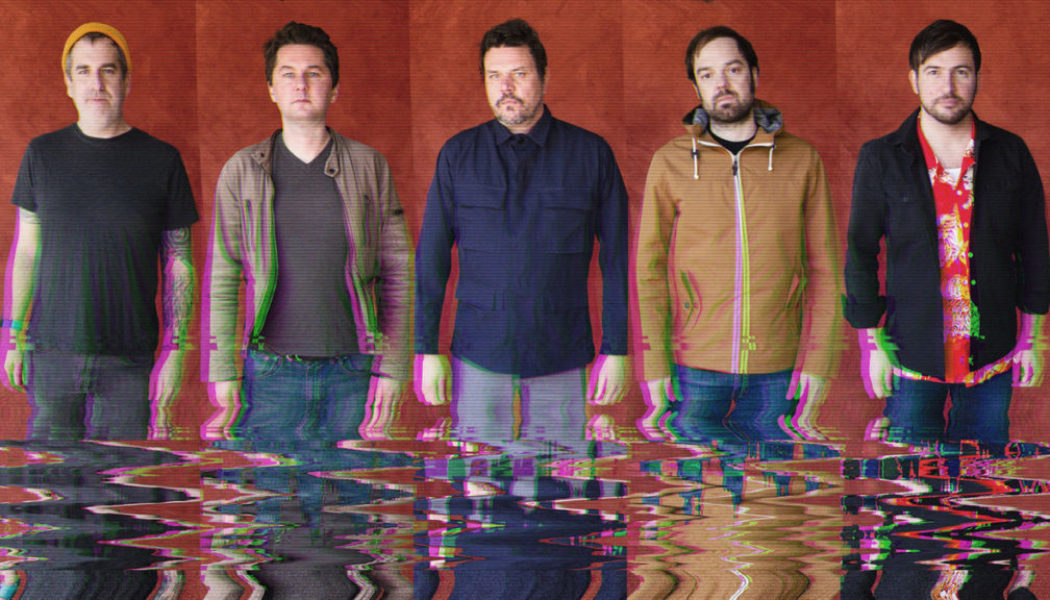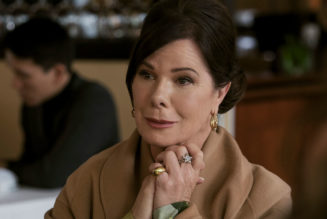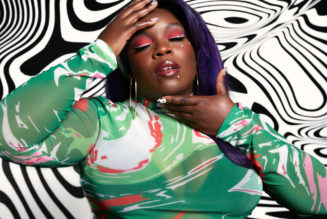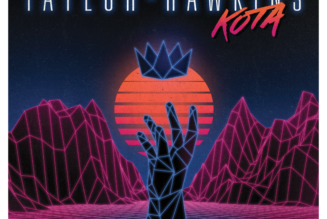
Dead History is still a pretty new band — almost as much as they very much aren’t. In a similar manner, Dead History could easily be considered a “supergroup” of sorts — except that at least half of the band would laugh at that title.
Despite only releasing their self-titled debut album this Friday (June 11 via Landland Colportage), the Minnesotans come by their classic post-hardcore sound in the most earnest way possible. Comprised of vocalist Brad Senne, Matthew Rezac and Brock Specht on guitar, and a rhythm section made of drummer David Jarnstrom and bassist John McEwen, pretty much everyone in the band has deep roots in the northern edge of the ‘90s Midwestern punk, hardcore, and emo scenes.
But while their paths may have crossed on occasion before, they didn’t join forces until recently. Following their hardcore youth, Jarnstrom spent a portion of the 2000s on the Warped Tour scene with Gratitude, Senne began taking a softer approach as a solo artist, and many of the members ended up moving away from music and into more grownup jobs in the decades that passed.
“The best part of this for me is that we’ve all kind of been through this before,” Jarnstrom said in a Zoom call along with Rezac and Senne. “You don’t know if you’re going to get along with some dudes or not, so you go into a room and try to put some songs together. Maybe because we’ve all been through this a few times before, we could just get together and all get along. We didn’t practice that much, but we got the songs put together and then just went into the studio and banged them out. It took a little bit of time because we’re all grown-up adults and in other projects, but it came together pretty quickly.”
As quickly as the band’s eight new songs came to fruition, none of them sound rushed. Senne — who was apparently the group’s first and only choice for a singer — provides gruff vocals that would sound right at home in nearly any post-hardcore/punk/alternative scene of the last 30 years, while the band behind him draws obvious influence from acts like Quicksand and Texas is the Reason. Overall, Dead History sounds like an album that could get played in the dorm rooms of disgruntled college students at any point in time since AOL was a new technology.
For a band releasing their debut, Dead History already has the warm and familiar feel of an act that’s been around as long as they have as individuals. But it’s not all about nostalgia, and everyone seems fully aware that the music that inspired them isn’t the most popular thing on the radio anymore. Frankly, that’s a benefit Dead History has over most bands debuting these days. They don’t need to set the world on fire or be heralded as “the next big thing.” They’re adults with careers (and other musical projects) who just want to put out the kind of music that they enjoy listening to — and they have the skills to do it well.
“I just want people to get a sense of our passion and — I hate the word authentic — but I just hope that people can hear what we mean,” Rezac said. “I was looking at this album as a love letter to all the bands I was into back then, so I just hope that kind of passion comes through when people hear it. I know it sounds like a throwback record in a way, but I just hope that people realize that we’re sincerely into this. It’s just in our DNA.”
Or as Jarnstrom sees it, “We’re not doing this to be cool or popular, because this is not a cool or popular thing to be doing.”










